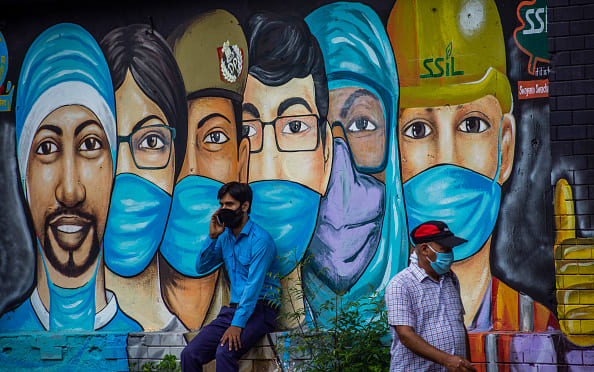
FILE PHOTO: Mexico’s Foreign Minister Marcelo Ebrard delivers a message to the media after taking on the Pro Tempore Presidency (PTP) of the Community of Latin American and Caribbean States (CELAC), in Mexico City, Mexico, January 8, 2020. REUTERS/Edgard Garrido
July 23, 2020
By Diego Oré
MEXICO CITY (Reuters) – China plans to provide a $1 billion loan to make its coronavirus vaccine accessible for countries across Latin America and the Caribbean, the Mexican foreign ministry said on Wednesday.
In a statement, the ministry said China had made the pledge at a virtual meeting of ministers from some Latin American and Caribbean nations.
Mexican Foreign Minister Marcelo Ebrard and Chinese Foreign Minister Wang Yi presided at the event, where ministers discussed better cooperation to tackle the pandemic impact.
Argentina, Barbados, Chile, Colombia, Costa Rica, Cuba, the Dominican Republic, Ecuador, Panama, Peru, Trinidad and Tobago and Uruguay also participated, the ministry added.
“The Chinese foreign minister stressed that the vaccine developed in his country will be a public good of universal access, and that his country will provide a $1 billion loan to support the access of the nations of the region,” it said.
It gave no details of when such a vaccine might be available or distributed.
(Interactive graphic tracking global spread of coronavirus: open https://tmsnrt.rs/3aIRuz7 in an external browser.)
(Reporting by Diego Ore; Editing by Clarence Fernandez)

